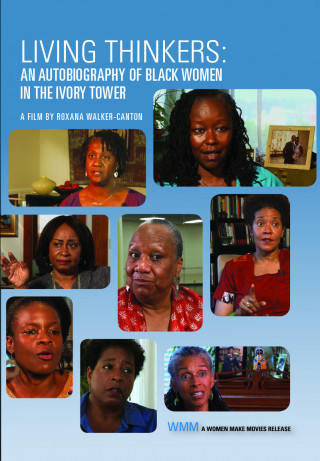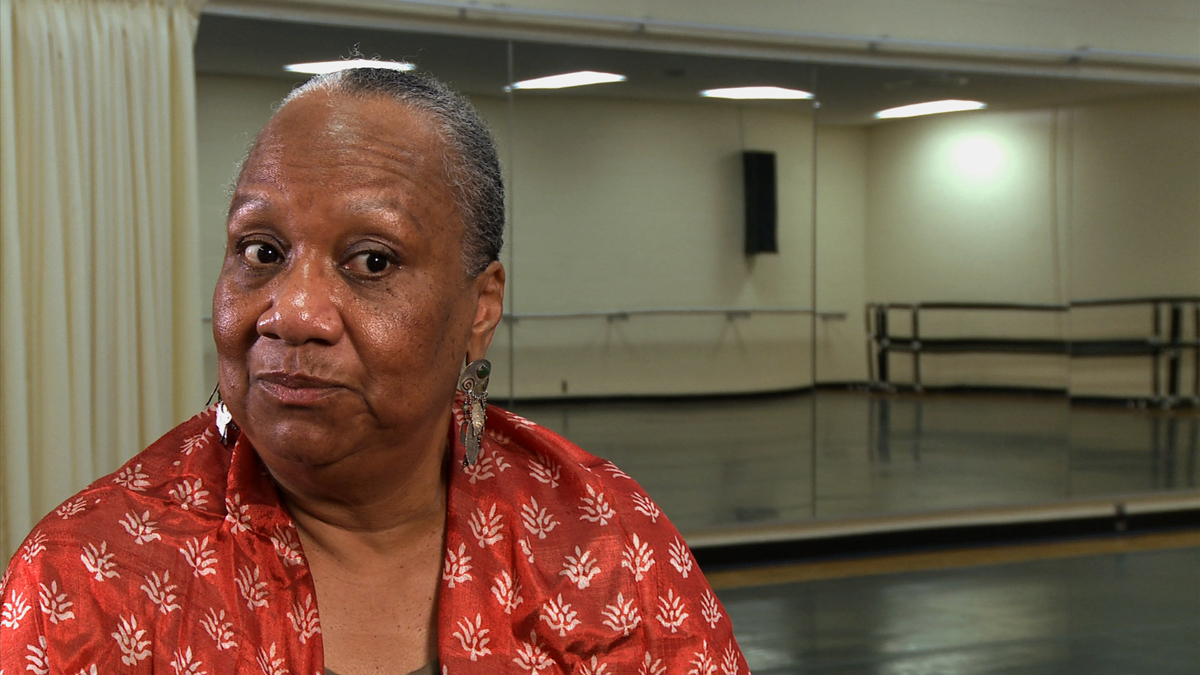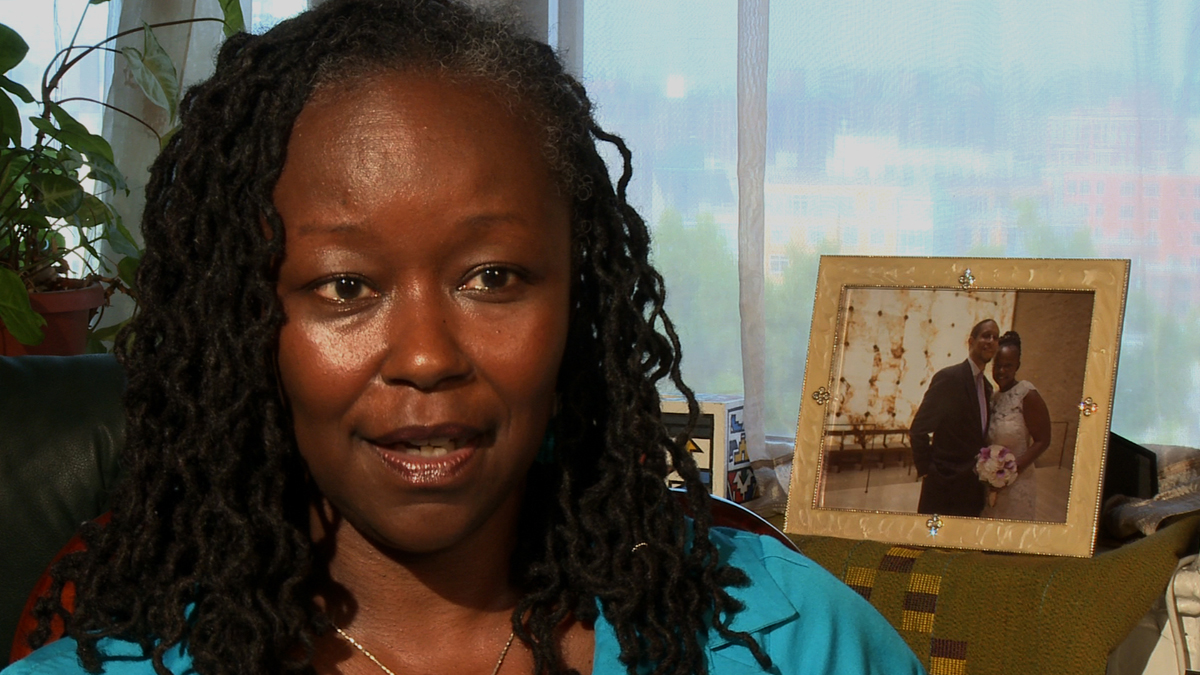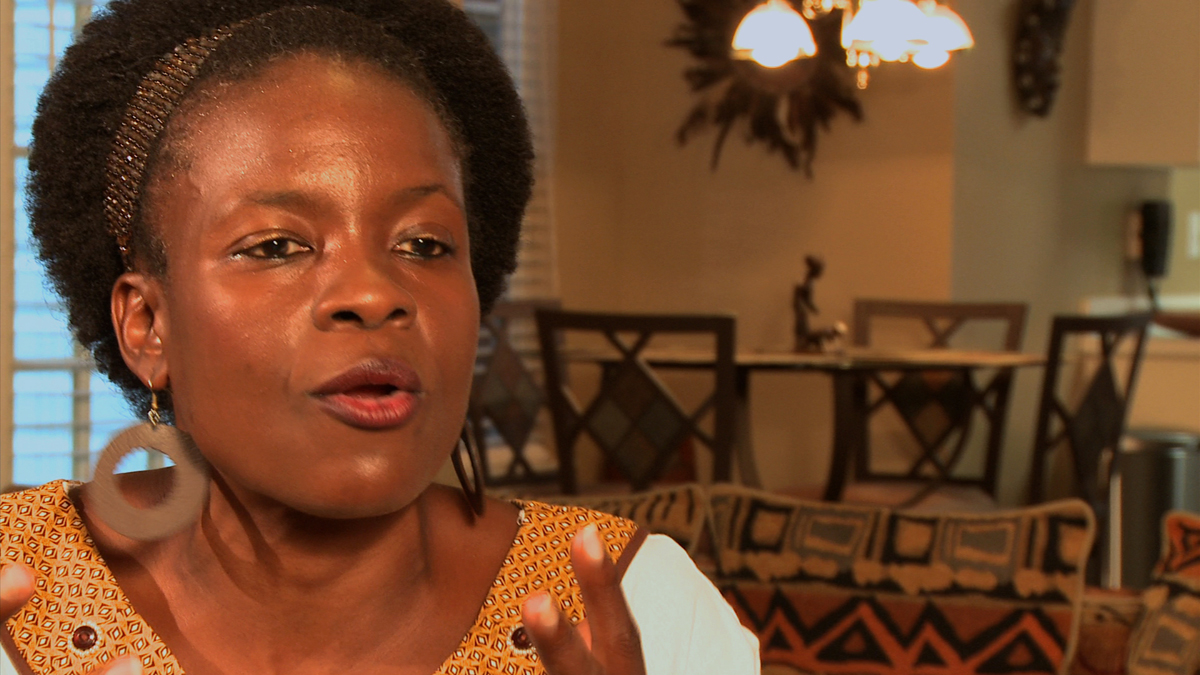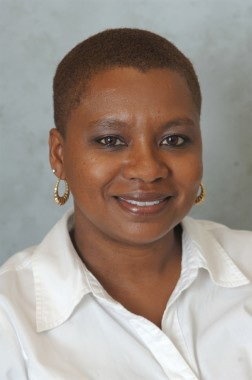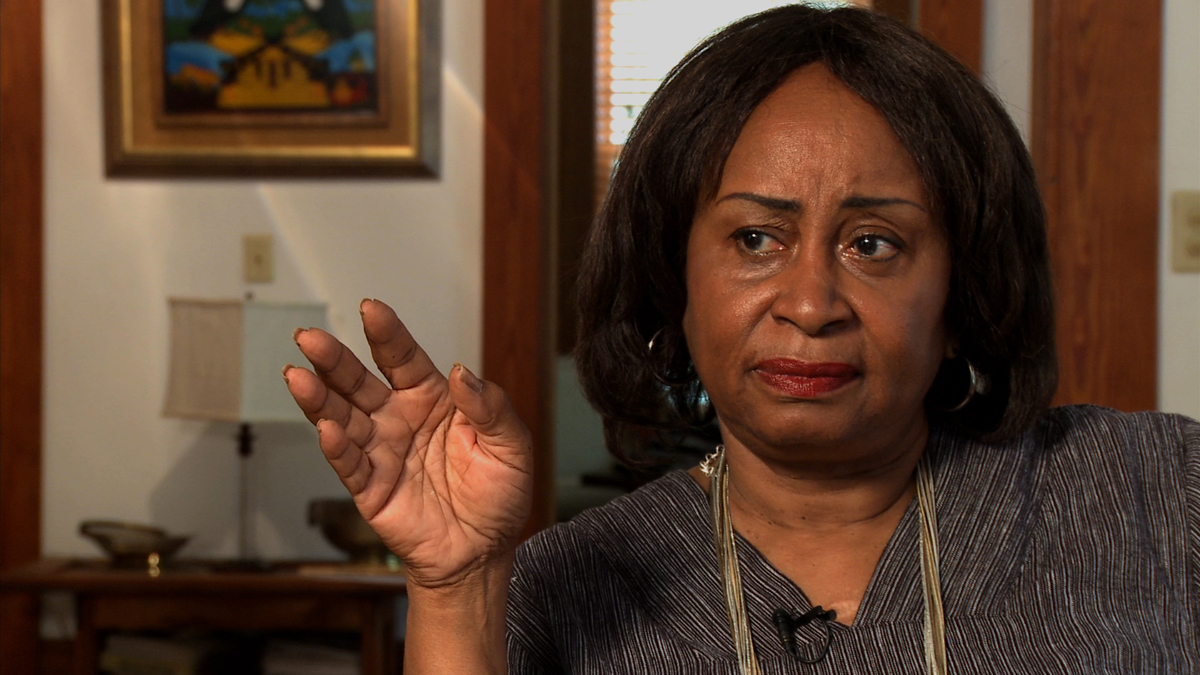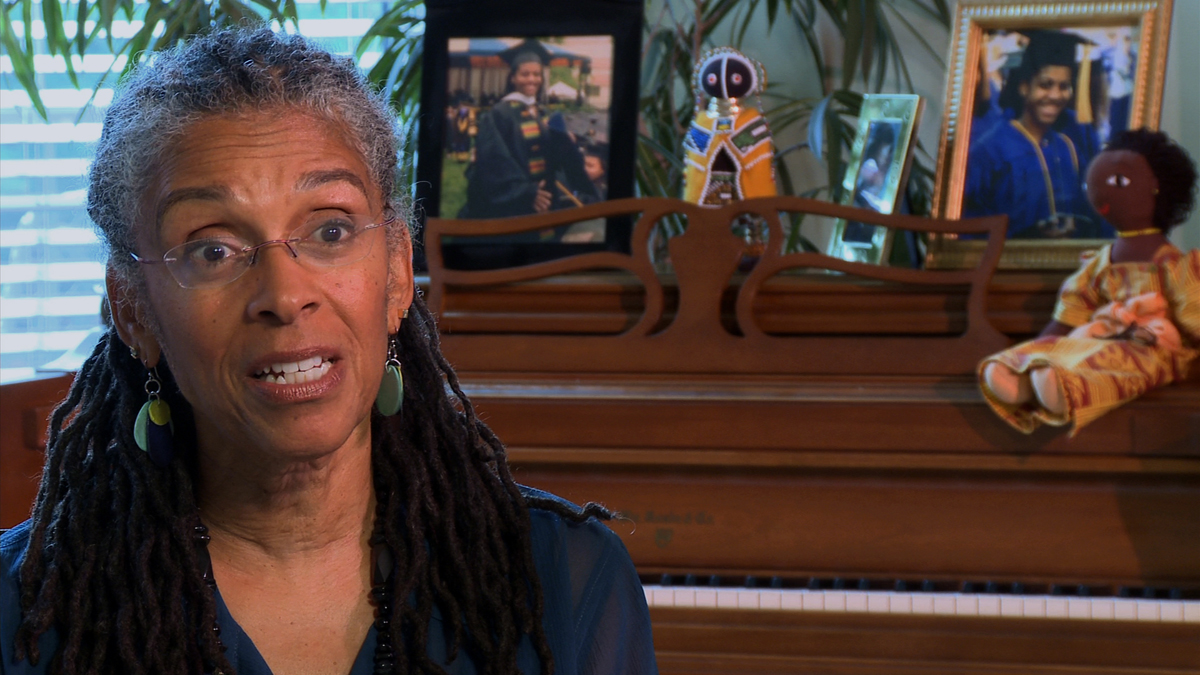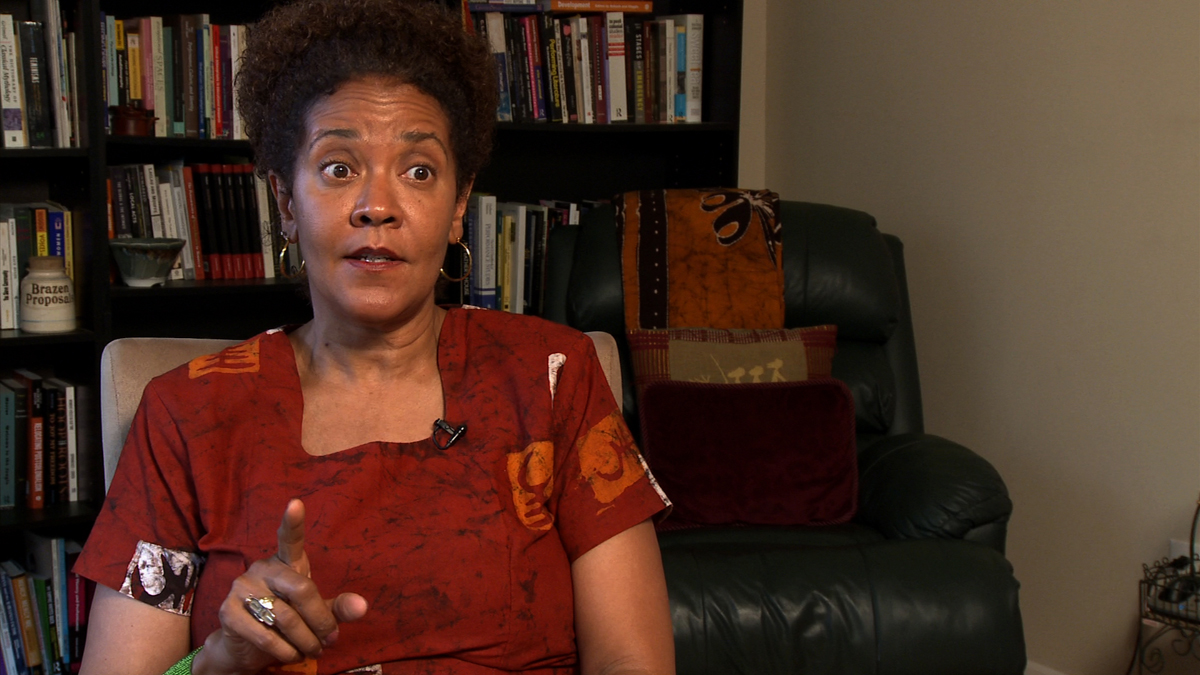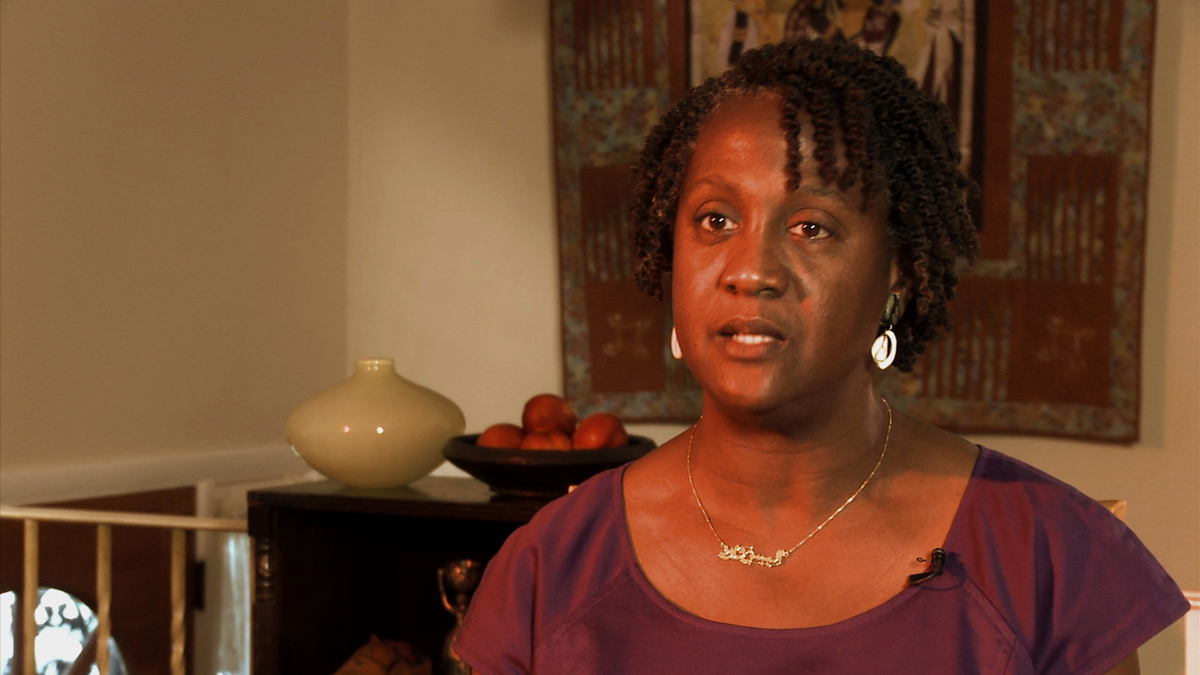Array
(
[id] => 671
[title] => TikTok, Boom.
[link] => stdClass Object
(
[url] => https://www.wmm.com/catalog/film/tiktok-boom
[title] => more
)
[image_thumb] => https://www.wmm.com/storage/films/tiktok-boom/320x-gi_tiktokboom.png
[created_at] => Array
(
)
[year_released] => 2021
[text] => Dissecting one of the most influential platforms of the contemporary social media landscape, TIKTOK, BOOM., directed by CODED BIAS filmmaker Shalini Kantayya, examines the algorithmic, socio-political, economic, and cultural influences and impact of the history-making app.
[image] => https://www.wmm.com/storage/films/tiktok-boom/gi_tiktokboom.png
)
TikTok, Boom.
Dissecting one of the most influential platforms of the contemporary social media landscape, TIKTOK, BOOM., directed by CODED BIAS filmmaker Shalini Kantayya, examines the algorithmic, socio-political, economic, and cultural influences and impact of the history-making app.
Learn more
Array
(
[id] => 660
[title] => Fannie Lou Hamer's America
[link] => stdClass Object
(
[url] => https://www.wmm.com/catalog/film/fannie-lou-hamers-america
[title] => more
)
[image_thumb] => https://www.wmm.com/storage/films/fannie-lou-hamers-america/320x-gi_Image 1_Credit_AP Photo_William J. Smith.png
[created_at] => Array
(
)
[year_released] => 2022
[text] => FANNIE LOU HAMER’S AMERICA, winner of Best TV Feature Documentary or miniseries at the IDA Awards, is a portrait of Mississippi sharecropper-turned-human-rights-activist, Fannie Lou Hamer, one of the Civil Rights Movement’s greatest leaders.
[image] => https://www.wmm.com/storage/films/fannie-lou-hamers-america/gi_Image 1_Credit_AP Photo_William J. Smith.jpg
)
Fannie Lou Hamer's America
FANNIE LOU HAMER’S AMERICA, winner of Best TV Feature Documentary or miniseries at the IDA Awards, is a portrait of Mississippi sharecropper-turned-human-rights-activist, Fannie Lou Hamer, one of the Civil Rights Movement’s greatest leaders.
Learn more
Array
(
[id] => 53
[title] => And Still I Rise
[link] => stdClass Object
(
[url] => https://www.wmm.com/catalog/film/and-still-i-rise
[title] => more
)
[image_thumb] => https://www.wmm.com/storage/films/and-still-i-rise/320x-cbi_and-still-i-rise-1.png
[created_at] => Array
(
)
[year_released] => 1993
[text] => Inspired by a poem by Maya Angelou, this powerful film explores images of Black women in the media, focusing on the myths surrounding Black women's sexuality. Like COLOR ADJUSTMENT, in which Marlon Riggs looked at images of Black people on television, AND STILL I RISE uses images from popular culture to reveal the way the media misrepresents Black women's sexuality. A combination of fear and fascination produces a stereotypical representation which in turn impacts on the real lives of Black women. AND STILL I RISE intercuts historical and media images with hard-hitting contemporary views of women of African heritage as they struggle to create a new and empowered perspective.
Both a celebration and a critique, AND STILL I RISE is essential viewing for those interested in African American studies, women's studies, media studies and popular culture. From the director of THE BODY BEAUTIFUL and COFFEE COLORED CHILDREN.
[image] => https://www.wmm.com/storage/films/and-still-i-rise/cbi_and-still-i-rise-1.jpg
)
And Still I Rise
Inspired by a poem by Maya Angelou, this powerful film explores images of Black women in the media, focusing on the myths surrounding Black women's sexuality. Like COLOR ADJUSTMENT, in which Marlon Riggs looked at images of Black people on television, AND STILL I RISE uses images from popular culture to reveal the way the media misrepresents Black women's sexuality. A combination of fear and fascination produces a stereotypical representation which in turn impacts on the real lives of Black women. AND STILL I RISE intercuts historical and media images with hard-hitting contemporary views of women of African heritage as they struggle to create a new and empowered perspective.
Both a celebration and a critique, AND STILL I RISE is essential viewing for those interested in African American studies, women's studies, media studies and popular culture. From the director of THE BODY BEAUTIFUL and COFFEE COLORED CHILDREN.
Learn more
Array
(
[id] => 325
[title] => Standing on My Sisters' Shoulders
[link] => stdClass Object
(
[url] => https://www.wmm.com/catalog/film/standing-on-my-sisters-shoulders
[title] => more
)
[image_thumb] => https://www.wmm.com/storage/films/standing-on-my-sisters-shoulders/320x-cbe_stanmy_hires.png
[created_at] => Array
(
)
[year_released] => 2002
[text] => In 1965, when three women walked into the US House of Representatives in Washington D.C., they had come a very long way. Neither lawyers nor politicians, they were ordinary women from Mississippi,and descendants of African slaves. They had come to their country’s capital seeking civil rights, the first black women to be allowed in the senate chambers in nearly 100 years. A missing chapter in our nation’s record of the Civil Rights movement, this powerful documentary reveals the movement in Mississippi in the 1950’s and 60’s from the point of view of the courageous women who lived it – and emerged as its grassroots leaders. Their living testimony offers a window into a unique moment when the founders’ promise of freedom and justice passed from rhetoric to reality for all Americans. Through moving interviews and powerful archival footage, STANDING ON MY SISTERS' SHOULDERS weaves a story of commitment, passion and perseverance and tells the story of the women fought for change in Mississippi and altered the course of American history forever.
[image] => https://www.wmm.com/storage/films/standing-on-my-sisters-shoulders/cbe_stanmy_hires.jpg
)
Standing on My Sisters' Shoulders
In 1965, when three women walked into the US House of Representatives in Washington D.C., they had come a very long way. Neither lawyers nor politicians, they were ordinary women from Mississippi,and descendants of African slaves. They had come to their country’s capital seeking civil rights, the first black women to be allowed in the senate chambers in nearly 100 years. A missing chapter in our nation’s record of the Civil Rights movement, this powerful documentary reveals the movement in Mississippi in the 1950’s and 60’s from the point of view of the courageous women who lived it – and emerged as its grassroots leaders. Their living testimony offers a window into a unique moment when the founders’ promise of freedom and justice passed from rhetoric to reality for all Americans. Through moving interviews and powerful archival footage, STANDING ON MY SISTERS' SHOULDERS weaves a story of commitment, passion and perseverance and tells the story of the women fought for change in Mississippi and altered the course of American history forever.
Learn more
Array
(
[id] => 416
[title] => Say My Name
[link] => stdClass Object
(
[url] => https://www.wmm.com/catalog/film/say-my-name
[title] => more
)
[image_thumb] => https://www.wmm.com/storage/films/say-my-name/320x-SayMy_hires1.png
[created_at] => Array
(
)
[year_released] => 2009
[text] => In a hip hop and R&B world dominated by men and noted for misogyny, the unstoppable female lyricists of SAY MY NAME speak candidly about class, race, and gender in pursuing their passions as female MCs. This worldwide documentary takes viewers on a vibrant tour of urban culture and musical movement, from hip hop’s birthplace in the Bronx, to grime on London’s Eastside, to Philly, Detroit, Chicago, Atlanta, and L.A., and points in between.
Featuring interviews and musical performances from a diverse cast of women that includes Remy Ma, Rah Digga, Jean Grae, Erykah Badu, Estelle, as well as newcomers Chocolate Thai, Invincible and Miz Korona, this powerful documentary delves into the amazing personal stories of women balancing professional dreams with the stark realities of poor urban communities, race, sexism, and motherhood. The more than 18 artists featured in SAY MY NAME battle for a place in a society that creates few chances for women. From emerging artists filled with new creativity, to true pioneers like MC Lyte, Roxxanne Shante, and Monie Love, these are women turning adversity into art.
[image] => https://www.wmm.com/storage/films/say-my-name/SayMy_hires1.jpg
)
Say My Name
In a hip hop and R&B world dominated by men and noted for misogyny, the unstoppable female lyricists of SAY MY NAME speak candidly about class, race, and gender in pursuing their passions as female MCs. This worldwide documentary takes viewers on a vibrant tour of urban culture and musical movement, from hip hop’s birthplace in the Bronx, to grime on London’s Eastside, to Philly, Detroit, Chicago, Atlanta, and L.A., and points in between.
Featuring interviews and musical performances from a diverse cast of women that includes Remy Ma, Rah Digga, Jean Grae, Erykah Badu, Estelle, as well as newcomers Chocolate Thai, Invincible and Miz Korona, this powerful documentary delves into the amazing personal stories of women balancing professional dreams with the stark realities of poor urban communities, race, sexism, and motherhood. The more than 18 artists featured in SAY MY NAME battle for a place in a society that creates few chances for women. From emerging artists filled with new creativity, to true pioneers like MC Lyte, Roxxanne Shante, and Monie Love, these are women turning adversity into art.
Learn more
Array
(
[id] => 419
[title] => Patsy Mink: Ahead of the Majority
[link] => stdClass Object
(
[url] => https://www.wmm.com/catalog/film/patsy-mink-ahead-of-the-majority
[title] => more
)
[image_thumb] => https://www.wmm.com/storage/films/patsy-mink-ahead-of-the-majority/320x-cbe_patsy_hires1.png
[created_at] => Array
(
)
[year_released] => 2008
[text] => In 1965, Patsy Takemoto Mink became the first woman of color in the United States Congress. Seven years later, she ran for the US presidency and was the driving force behind Title IX, the landmark legislation that transformed women’s opportunities in higher education and athletics.
[image] => https://www.wmm.com/storage/films/patsy-mink-ahead-of-the-majority/cbe_patsy_hires1.jpg
)
Patsy Mink: Ahead of the Majority
In 1965, Patsy Takemoto Mink became the first woman of color in the United States Congress. Seven years later, she ran for the US presidency and was the driving force behind Title IX, the landmark legislation that transformed women’s opportunities in higher education and athletics.
Learn more
Array
(
[id] => 427
[title] => Chisholm '72 - Unbought and Unbossed
[link] => stdClass Object
(
[url] => https://www.wmm.com/catalog/film/chisholm-72-unbought-and-unbossed
[title] => more
)
[image_thumb] => https://www.wmm.com/storage/films/chisholm-72-unbought-and-unbossed/320x-cbe_chisholm_hires1.png
[created_at] => Array
(
)
[year_released] => 2004
[text] => This compelling documentary takes an in-depth look at the 1972 presidential campaign of Shirley Chisholm, the first black woman elected to Congress and the first to seek nomination for the highest office in the land.
[image] => https://www.wmm.com/storage/films/chisholm-72-unbought-and-unbossed/cbe_chisholm_hires1.jpg
)
Chisholm '72 - Unbought and Unbossed
This compelling documentary takes an in-depth look at the 1972 presidential campaign of Shirley Chisholm, the first black woman elected to Congress and the first to seek nomination for the highest office in the land.
Learn more
Array
(
[id] => 434
[title] => Antonia Pantoja
[link] => stdClass Object
(
[url] => https://www.wmm.com/catalog/film/antonia-pantoja
[title] => more
)
[image_thumb] => https://www.wmm.com/storage/films/antonia-pantoja/320x-ANTONIA_HiRes1.png
[created_at] => Array
(
)
[year_released] => 2009
[text] => Antonia Pantoja (1922-2002), visionary Puerto Rican educator, activist, and early proponent of bilingual education, inspired multiple generations of young people and fought for many of the rights that people take for granted today. Unbowed by obstacles she encountered as a black, Puerto Rican woman, she founded ASPIRA to empower Puerto Rican youth, and created other enduring leadership and advocacy organizations in New York and California, across the United States, and in Puerto Rico. Recognized for her achievements in 1996, Dr. Pantoja was awarded the prestigious Presidential Medal of Freedom, the highest honor bestowed upon civilians in the US.
In this important documentary, Pantoja’s compelling story is told through never-before-seen home movies, archival footage, and personal passionate testimony from Pantoja herself and some of her countless protégés, as well as her life partner. Highlighting major landmarks in Pantoja’s biography and long, productive career, the film shows her profound commitment to transforming society, her pivotal role in the Puerto Rican community’s fight to combat racism and discrimination, and her pioneering work in securing a bilingual voice in the US. An eloquent tribute to a remarkable woman, the film sheds new light on the Puerto Rican community’s far-reaching triumphs.
[image] => https://www.wmm.com/storage/films/antonia-pantoja/ANTONIA_HiRes1.jpg
)
Antonia Pantoja
Antonia Pantoja (1922-2002), visionary Puerto Rican educator, activist, and early proponent of bilingual education, inspired multiple generations of young people and fought for many of the rights that people take for granted today. Unbowed by obstacles she encountered as a black, Puerto Rican woman, she founded ASPIRA to empower Puerto Rican youth, and created other enduring leadership and advocacy organizations in New York and California, across the United States, and in Puerto Rico. Recognized for her achievements in 1996, Dr. Pantoja was awarded the prestigious Presidential Medal of Freedom, the highest honor bestowed upon civilians in the US.
In this important documentary, Pantoja’s compelling story is told through never-before-seen home movies, archival footage, and personal passionate testimony from Pantoja herself and some of her countless protégés, as well as her life partner. Highlighting major landmarks in Pantoja’s biography and long, productive career, the film shows her profound commitment to transforming society, her pivotal role in the Puerto Rican community’s fight to combat racism and discrimination, and her pioneering work in securing a bilingual voice in the US. An eloquent tribute to a remarkable woman, the film sheds new light on the Puerto Rican community’s far-reaching triumphs.
Learn more
Array
(
[id] => 462
[title] => The Learning
[link] => stdClass Object
(
[url] => https://www.wmm.com/catalog/film/the-learning
[title] => more
)
[image_thumb] => https://www.wmm.com/storage/films/the-learning/320x-learning.png
[created_at] => Array
(
)
[year_released] => 2011
[text] => One hundred years ago, American teachers established the English-speaking public school system of the Philippines. Now, in a striking turnabout, American schools are recruiting Filipino teachers. THE LEARNING, from award-winning filmmaker Ramona S. Diaz (IMELDA), is the story of four Filipina women who reluctantly leave their families and schools to teach in Baltimore. With their increased salaries, they hope to transform their families' lives back in their impoverished country. This absorbing, beautifully crafted film follows these teachers as they take their place on the frontline of the No Child Left Behind Act. Across the school year's changing seasons, the film chronicles the sacrifices they make as they try to maintain a long-distance relationship with their children and families, and begin a new one with the mostly African-American students whose schooling is now entrusted to them. Their story is intensely personal, as each woman deals with the implications of her decision to come to the US, and fundamentally public, as they become part of the machinery of American education reform policy.
[image] => https://www.wmm.com/storage/films/the-learning/learning.jpg
)
The Learning
One hundred years ago, American teachers established the English-speaking public school system of the Philippines. Now, in a striking turnabout, American schools are recruiting Filipino teachers. THE LEARNING, from award-winning filmmaker Ramona S. Diaz (IMELDA), is the story of four Filipina women who reluctantly leave their families and schools to teach in Baltimore. With their increased salaries, they hope to transform their families' lives back in their impoverished country. This absorbing, beautifully crafted film follows these teachers as they take their place on the frontline of the No Child Left Behind Act. Across the school year's changing seasons, the film chronicles the sacrifices they make as they try to maintain a long-distance relationship with their children and families, and begin a new one with the mostly African-American students whose schooling is now entrusted to them. Their story is intensely personal, as each woman deals with the implications of her decision to come to the US, and fundamentally public, as they become part of the machinery of American education reform policy.
Learn more
Array
(
[id] => 562
[title] => Voices of Muslim Women from the US South
[link] => stdClass Object
(
[url] => https://www.wmm.com/catalog/film/voices-of-muslim-women-from-the-us-south
[title] => more
)
[image_thumb] => https://www.wmm.com/storage/films/voices-of-muslim-women-from-the-us-south/320x-voices1.png
[created_at] => Array
(
)
[year_released] => 2015
[text] => When one thinks of the American Deep South, the image of veiled Muslim students strolling the University of Alabama campus is the last thing that comes to mind. VOICES OF MUSLIM WOMEN FROM THE US SOUTH is a documentary that explores the Muslim culture through the lens of five University of Alabama Muslim students. The film tackles how Muslim women carve a space for self-expression in the Deep South and how they negotiate their identities in a predominantly Christian society that often has unflattering views about Islam and Muslims. Through interviews with students and faculty at Alabama, this film examines representations and issues of agency by asking: How do Muslim female students carve a space in a culture that thinks of Muslims as terrorists and Muslim women as backward?
[image] => https://www.wmm.com/storage/films/voices-of-muslim-women-from-the-us-south/voices1.jpg
)
Voices of Muslim Women from the US South
When one thinks of the American Deep South, the image of veiled Muslim students strolling the University of Alabama campus is the last thing that comes to mind. VOICES OF MUSLIM WOMEN FROM THE US SOUTH is a documentary that explores the Muslim culture through the lens of five University of Alabama Muslim students. The film tackles how Muslim women carve a space for self-expression in the Deep South and how they negotiate their identities in a predominantly Christian society that often has unflattering views about Islam and Muslims. Through interviews with students and faculty at Alabama, this film examines representations and issues of agency by asking: How do Muslim female students carve a space in a culture that thinks of Muslims as terrorists and Muslim women as backward?
Learn more

